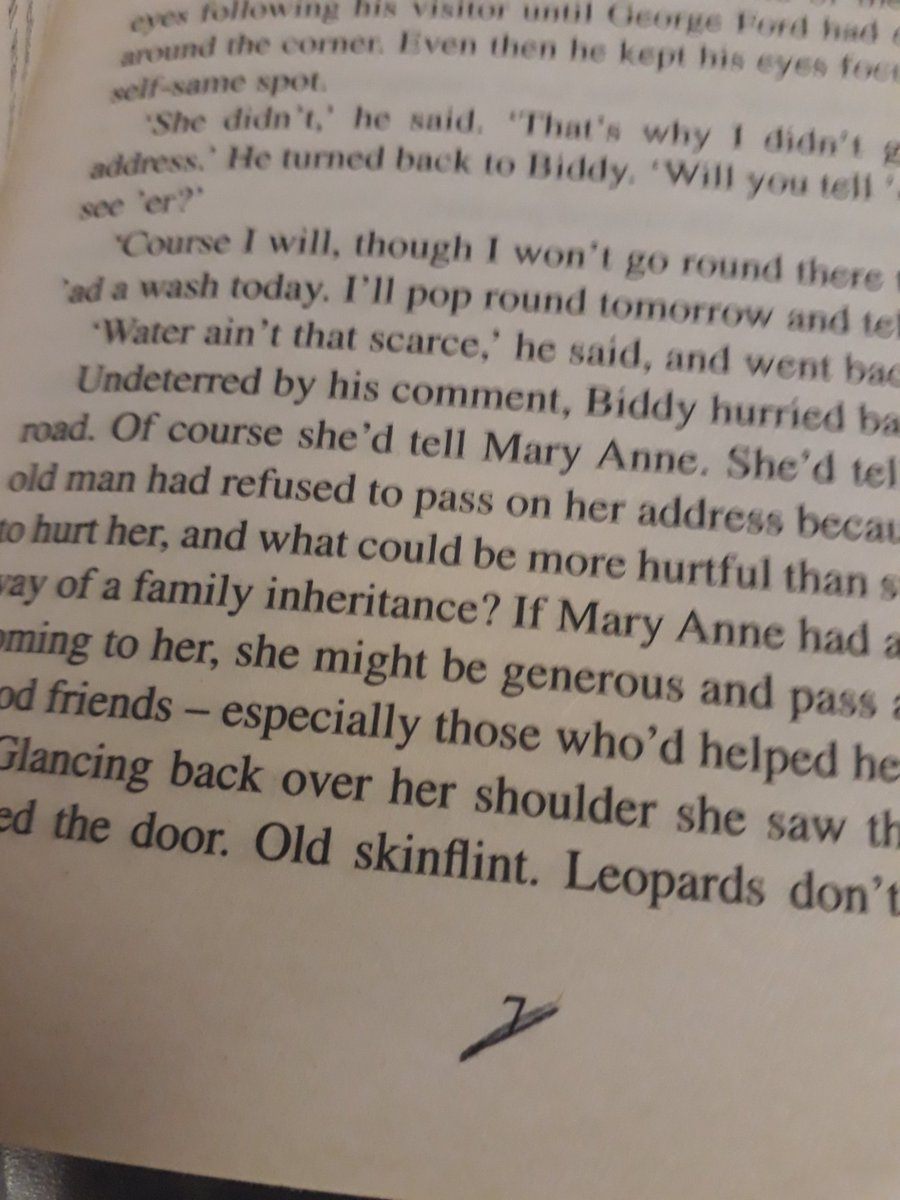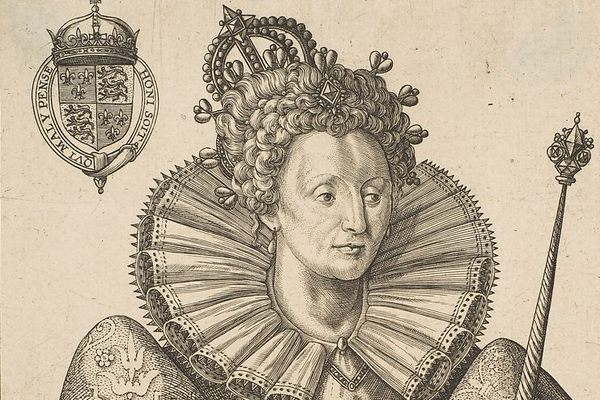The Secret Codes Hidden in the Books of a Scottish Library
The mysterious symbols are a way for elderly readers to keep track of what they’ve already read.

Georgia Grainger had only been working at Charleston Library in Dundee, Scotland, for six weeks when she was met with a mystery. One of the library’s customers, an older woman, approached her with a question and an open book. “Why does page 7 in all the books I take out have the 7 underlined in pen?” she asked. “It seems odd.” The customer opened the book to the relevant page and showed Grainger—sure enough, the 7 had been scored through with a pen. Another book, which the reader planned to take home that day, had exactly the same markings on the same page. This hyperlocal mystery (Charleston has a population of just 4,323 people) has captivated many thousands more around the world, after Grainger tweeted about what she’d discovered.
Immediately after learning about the marked 7s, Grainger says, her mind started to race through the wildest of possibilities. “I’ve got a bit of an overactive imagination, so I started coming up with all sorts of theories,” she says. “Spy rings, secret romances, serial killers, the usual!” She began checking other books for the mysterious markings. Most didn’t have it, but many in a similar genre did. These, Grainger says, are “wee old women” books—often romances set in wartime Britain, which are particularly popular with older patrons at the library. “They’re quite soft, gentle romances,” she says.

The mystery remained unsolved, until her manager returned from an arts-and-crafts session she was hosting for children. In a tweet, Grainger wrote: “I decided to tell her about the serial killer in the library. And that’s how I found out that a lot of our elderly clientele have secret codes to mark which books they’ve read before.”
These days, the Charleston Library’s computers will automatically flag up whether a customer has taken out a book in the past, but many of the library’s elderly clientele have been doing it since long before electronic systems were in place.* They might underline a page number, draw a little star on the last page, or write their first initial somewhere in the book. “Then when they pick it up, they can check!” Grainger says.
The books which tend to be marked in this way, Grainger says, typically have similar plots or characters. “So our patrons can’t quite remember if they’ve read them before,” she says, “but they tell me they’re very enjoyable to read all the same.” Since learning about the secret codes, she’s been checking for other hidden symbols, but, so far, has only come across other number 7s.
Libraries and librarians around the world have since got in on the fun, with the University of Oxford’s Bodleian Libraries tweeting: “A brilliant story. Please don’t reenact it at [Bodleian Libraries].” While on the one hand, Grainger says she worries that the huge number of people who have enjoyed and shared the thread means “a new spate of readers using secret codes … in truth, I found it hard to be annoyed about it.”
*Update 4/9: This article has been updated to clarify which specific computers this sentence referenced.










Follow us on Twitter to get the latest on the world's hidden wonders.
Like us on Facebook to get the latest on the world's hidden wonders.
Follow us on Twitter Like us on Facebook